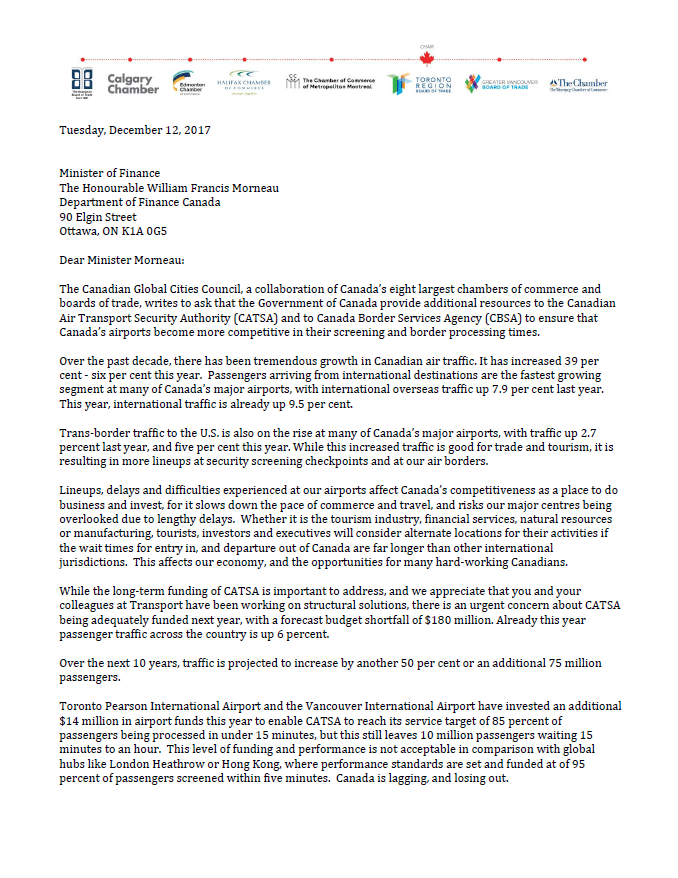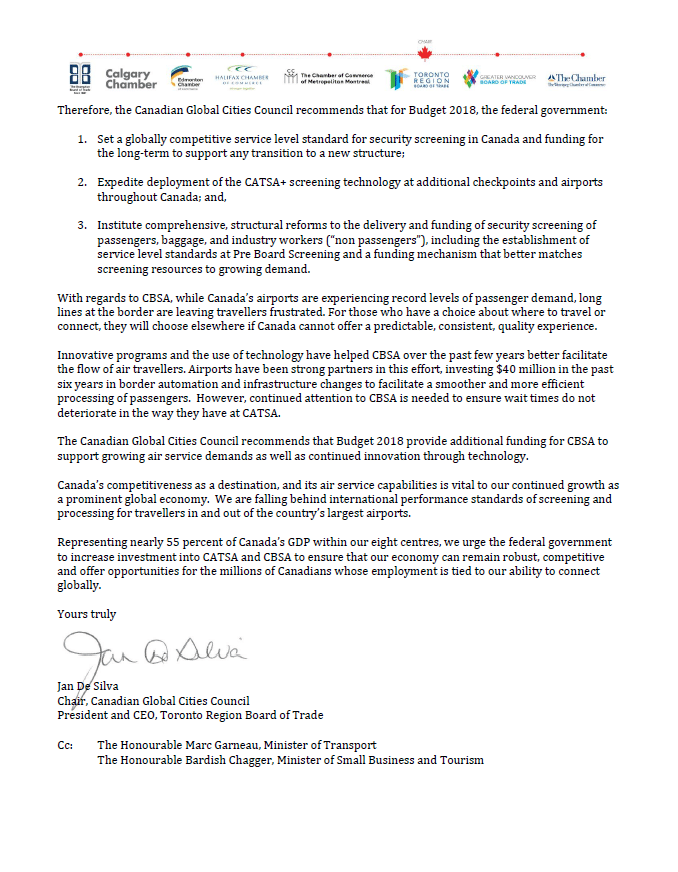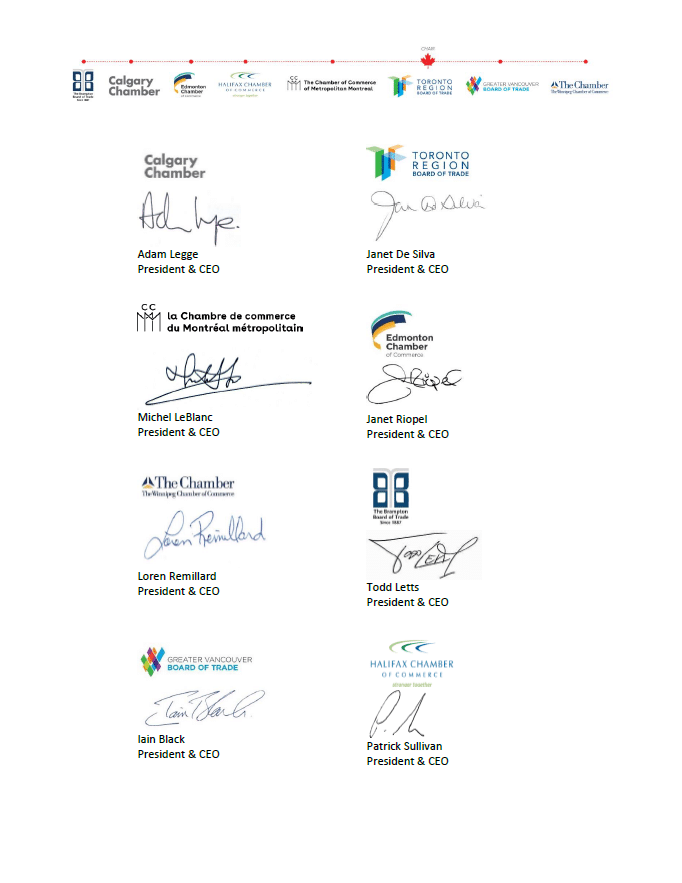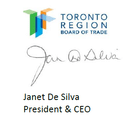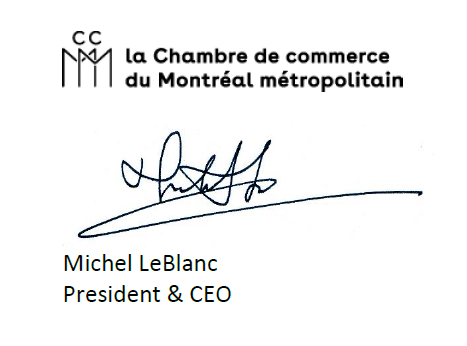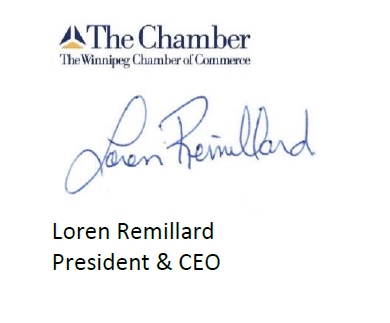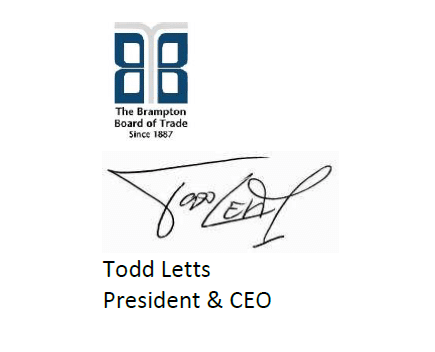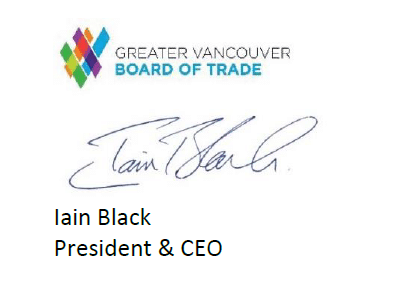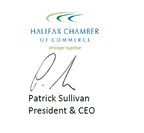The Honourable William Francis Morneau
Department of Finance Canada
90 Elgin Street
Ottawa, ON K1A 0G5
Dear Minister Morneau:
The Canadian Global Cities Council, a collaboration of Canada’s eight largest chambers of commerce and boards of trade, writes to ask that the Government of Canada provide additional resources to the Canadian Air Transport Security Authority (CATSA) and to Canada Border Services Agency (CBSA) to ensure that Canada’s airports become more competitive in their screening and border processing times.
Over the past decade, there has been tremendous growth in Canadian air traffic. It has increased 39 per cent – six per cent this year. Passengers arriving from international destinations are the fastest growing segment at many of Canada’s major airports, with international overseas traffic up 7.9 per cent last year. This year, international traffic is already up 9.5 per cent.
Trans-border traffic to the U.S. is also on the rise at many of Canada’s major airports, with traffic up 2.7 percent last year, and five per cent this year. While this increased traffic is good for trade and tourism, it is resulting in more lineups at security screening checkpoints and at our air borders.
Lineups, delays and difficulties experienced at our airports affect Canada’s competitiveness as a place to do business and invest, for it slows down the pace of commerce and travel, and risks our major centres being overlooked due to lengthy delays. Whether it is the tourism industry, financial services, natural resources or manufacturing, tourists, investors and executives will consider alternate locations for their activities if the wait times for entry in, and departure out of Canada are far longer than other international jurisdictions. This affects our economy, and the opportunities for many hard-working Canadians.
While the long-term funding of CATSA is important to address, and we appreciate that you and your colleagues at Transport have been working on structural solutions, there is an urgent concern about CATSA being adequately funded next year, with a forecast budget shortfall of $180 million. Already this year passenger traffic across the country is up 6 percent.
Over the next 10 years, traffic is projected to increase by another 50 per cent or an additional 75 million passengers.
Toronto Pearson International Airport and the Vancouver International Airport have invested an additional $14 million in airport funds this year to enable CATSA to reach its service target of 85 percent of passengers being processed in under 15 minutes, but this still leaves 10 million passengers waiting 15 minutes to an hour. This level of funding and performance is not acceptable in comparison with global hubs like London Heathrow or Hong Kong, where performance standards are set and funded at of 95 percent of passengers screened within five minutes. Canada is lagging, and losing out.
Therefore, the Canadian Global Cities Council recommends that for Budget 2018, the federal government:
1. Set a globally competitive service level standard for security screening in Canada and funding for the long-term to support any transition to a new structure;
2. Expedite deployment of the CATSA+ screening technology at additional checkpoints and airports throughout Canada; and,
3. Institute comprehensive, structural reforms to the delivery and funding of security screening of passengers, baggage, and industry workers (“non passengers”), including the establishment of service level standards at Pre Board Screening and a funding mechanism that better matches screening resources to growing demand.
With regards to CBSA, while Canada’s airports are experiencing record levels of passenger demand, long lines at the border are leaving travellers frustrated. For those who have a choice about where to travel or connect, they will choose elsewhere if Canada cannot offer a predictable, consistent, quality experience.
Innovative programs and the use of technology have helped CBSA over the past few years better facilitate the flow of air travellers. Airports have been strong partners in this effort, investing $40 million in the past six years in border automation and infrastructure changes to facilitate a smoother and more efficient processing of passengers. However, continued attention to CBSA is needed to ensure wait times do not deteriorate in the way they have at CATSA.
The Canadian Global Cities Council recommends that Budget 2018 provide additional funding for CBSA to support growing air service demands as well as continued innovation through technology.
Canada’s competitiveness as a destination, and its air service capabilities is vital to our continued growth as a prominent global economy. We are falling behind international performance standards of screening and processing for travellers in and out of the country’s largest airports.
Representing nearly 55 percent of Canada’s GDP within our eight centres, we urge the federal government to increase investment into CATSA and CBSA to ensure that our economy can remain robust, competitive and offer opportunities for the millions of Canadians whose employment is tied to our ability to connect globally.
Yours truly
Jan De Silva
Chair, Canadian Global Cities Council
President and CEO, Toronto Region Board of Trade
Cc: The Honourable Marc Garneau, Minister of Transport
The Honourable Bardish Chagger, Minister of Small Business and Tourism

